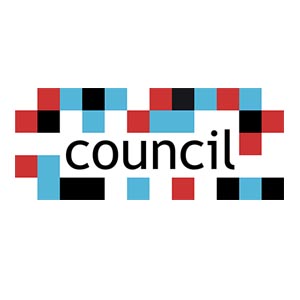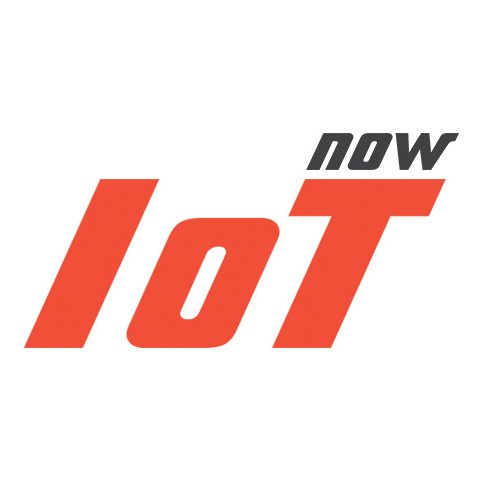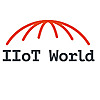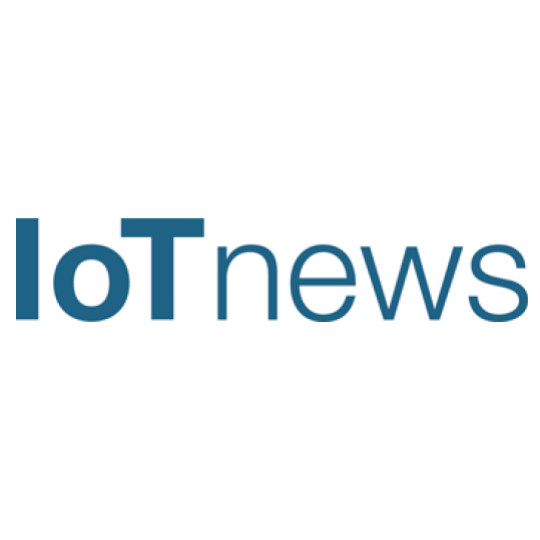
IoT has empowered technology gadgets to customize themselves as per user preference and become an internal part of their lifestyles. This has also enabled innovation amongst the scope of these gadgets’ functionalities, leading to their multi-fold increase and usage.
Now, who would have imagined a few years back that a smartwatch would be able to consistently track heartbeats for monitoring user health and even help in analyzing sleep patterns, listening to music, guide exercise workouts, etc. apart from its actual function of showing time and a smart tire would be able to analyze its own health while treading on roads.
How are IoT and Mobile Apps Connected?
Internet of Things is a network of connected devices within the scope of a certain space like a home, workspace, or office. These connected devices tend to send and receive data packets with ease to communicate and connect autonomously or with human intervention. Smart A.C’s, smart TVs, smartwatches, smart washing machines, smart fans, smart lights, and more are all innovations in this direction only.
Mobile apps are mostly the software component of these smart devices that make them easy to control, monitor, and provide smartphone outcomes. Thus, making things smarter for these smart devices.
Relative Future
Sooner than you think, you would require a complete suite of IoT apps that would be managing and controlling smart connected devices in your personal space.
Apart from simpler app utilities, IoT apps include transferring of data packets to servers, data processing on clouds and remote servers, managing and controlling sensors, amongst others. Their developments and working (though being constantly innovated!) is thus, pretty complex to say the least.
Let us now analyze how IoT is transforming mobile apps with upcoming technologies and platforms for a better and easily connected tomorrow.
Era of Edge Computing
The processing and analyzing methodologies for IoT networks are set to transform in the coming era.
Earlier, IoT devices had to send data packets to clouds, wherein companies used to rent high processing power in terms of SaaS to achieve required information and then provide the requisite outcome back on the devices. But, since now businesses understand the importance of data, they have been more and more inclined towards Edge Computing, wherein the data is not required to go all the way to the cloud to get processed. Rather, it can be easily stored and processed in closer to source ‘edge computing systems’ on the IoT topology.
Undoubtedly, it shall help IoT networks to increase speed, versatility; efficiency and security, all in one go. Even the mobile apps shall feature in a much lower latency time and will have data stored closer to mobile users for faster client-server executions.
Digital Transformation of Businesses
Since the IIoT (Industrial Internet of Things) is set to change the way our businesses currently work, it shall significantly help in enabling complete digital transformation within the business’s fabric. With a plethora of connected devices out there with mobile apps, it shall become easy to control and regulate several parts of an organization’s working like managing electricity bills with smart lights and fans, etc.
Moreover, Companies shall be able to streamline the processes for their employees through connected devices and increase the system’s overall efficiency. This would directly help in achieving higher productivity, minimize downtime by doing regular equipment maintenance, do repair or replacement as soon as an issue occurs.
Highly Rated Security
IoT devices are much closer to us than you think and their security is thus, much greater a risk than you think.
With a host of businesses now innovating on IoT related developments and coming up with varied devices, every other day; the risk of these businesses taking a lighter attitude in terms of cyber security is also high. Cyber security tends to feature as a lower priority in comparison to sales, business and ‘hitting the market’ pace for these business-eyed entrepreneurs. Hackers are always on a lookout for such software and their loopholes to enter the IoT circuits and hack the user’s other mobile apps like banking apps through the IoT device mobile apps.
For instance, according to new research conducted by Genetec Inc., as many as 68.4 percent (or almost 7 out of 10 ) smart-cameras are currently running out of date firmware and thus, could be a cause of cyber-attack for its users. All custom mobile app developers should understand these risks and work to ensure that security of mobile apps within their developments take high priority.
Mobile Apps for Market Research and Marketing
Since IoT related mobile apps can effectively track user data and movement in real-time, their utility in providing exact user data is priceless for businesses to understand and analyze their intended users and to conduct an effective market research for business evolution and growth. Moreover, the companies, with more customer data leads, are able to provide more meaningful and personalized experiences to their customers leading to much more lasting and loyal customer base with much better CRM scope. Since businesses the world over are understanding the prowess of this aspect of connected mobile apps, their importance is touted to multiply manifold.
Apart from market research, IoT related mobile apps can be developed as a perfect platform for marketing of other businesses, as they tend to be opened and checked in by the users again and again to keep tabs on their connected devices.
Newer Hardware Innovations
As the market size and the number and types of IoT devices plummets, people have been on a continuous lookout for more devices that can make their life and lifestyle easy. And, the industry has not been disappointing them. In sync with customer demands, there have been a slew of developments and new hardware innovations to keep up with the overall fast-paced environment of this industry and its users. Herein too, it would be again up to mobile apps and their developers to offer the latest software relative to the smart device sensors to their clients, in order to keep up with the global IoT developments.
Figuring It Out with Innovation
The technology markets are already booming with smart gadgets of all types and sizes. Mobile apps shall thus, as well have to adapt to them with their functional complexities in all shapes and sizes. For sustainable success as a legitimate IoT business, Custom Mobile app developers will have to understand these requirements and then develop user-centered mobile apps that will be robust, scalable and secure in long-time work, apart from seamlessly synchronizing and processing user data.




 Related Podcast Episode
Related Podcast Episode




 Related Applications
Related Applications


 Latest IoT News
Latest IoT News









